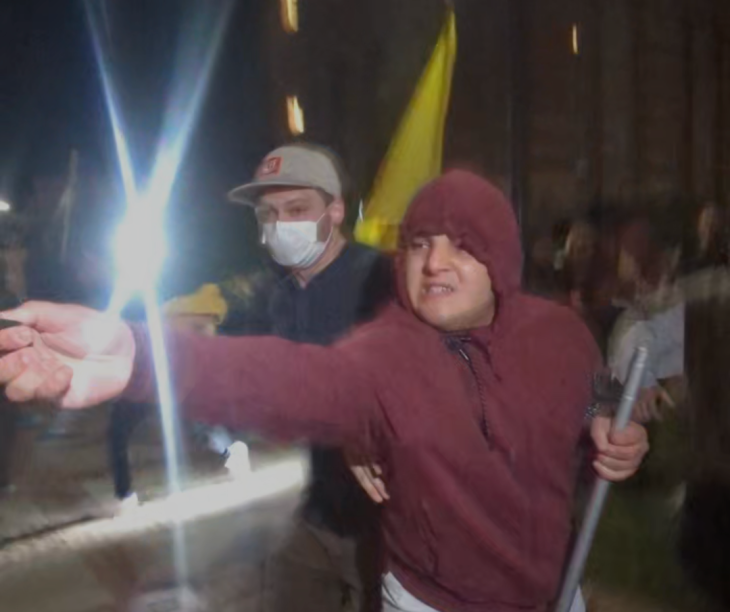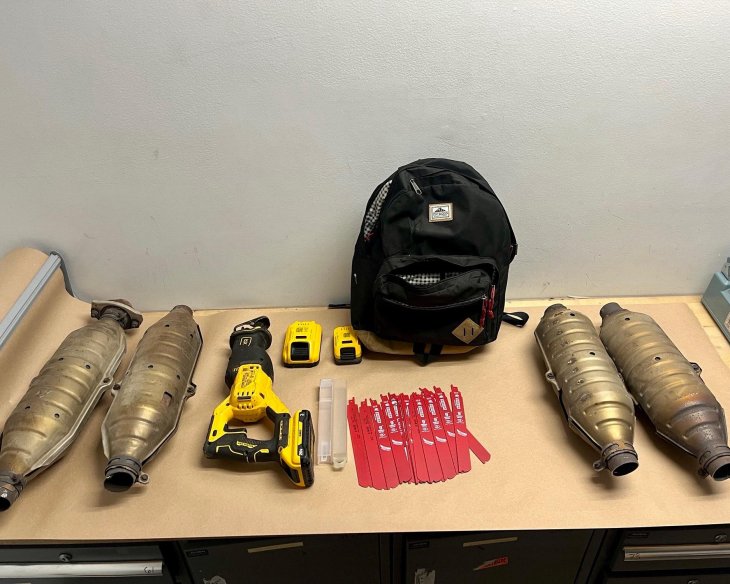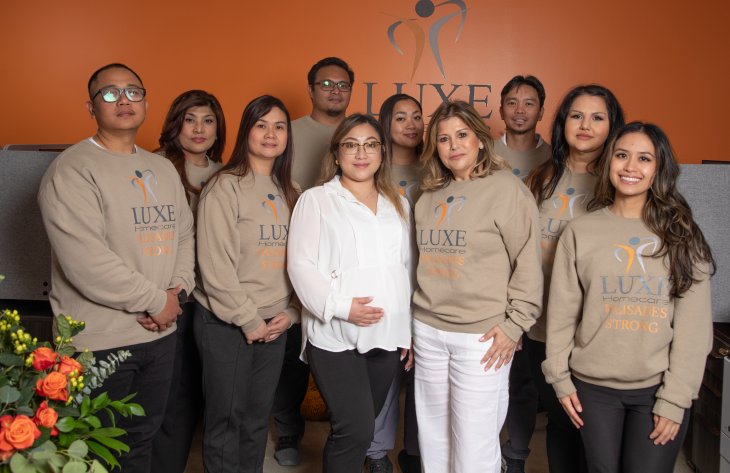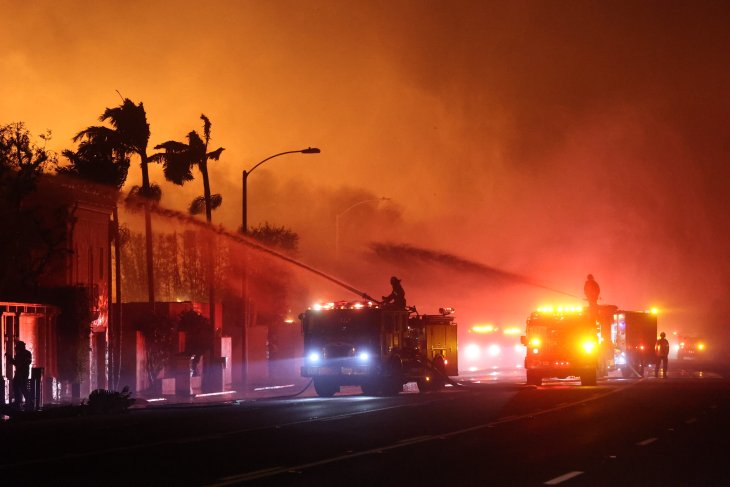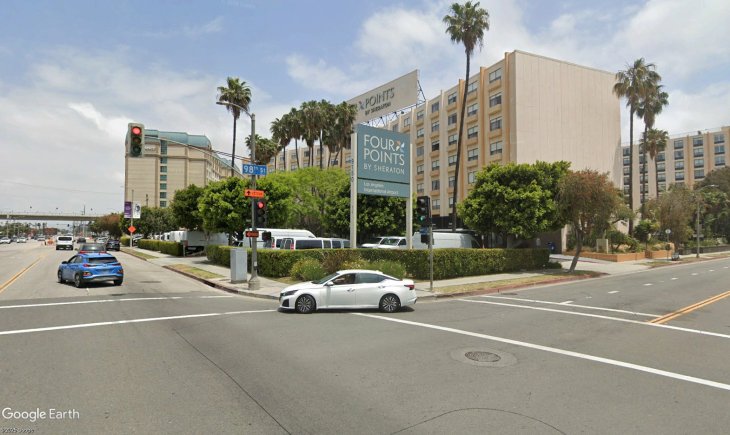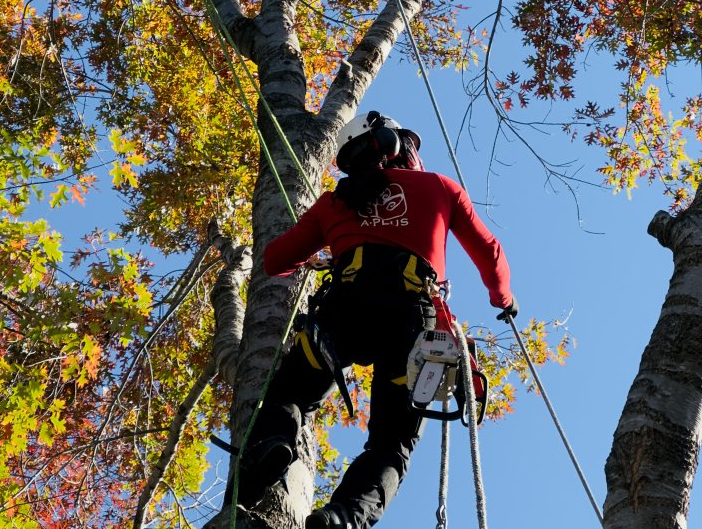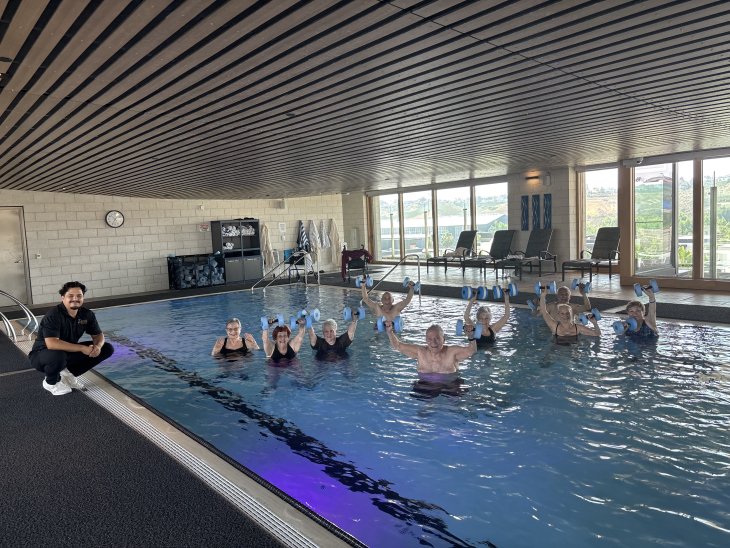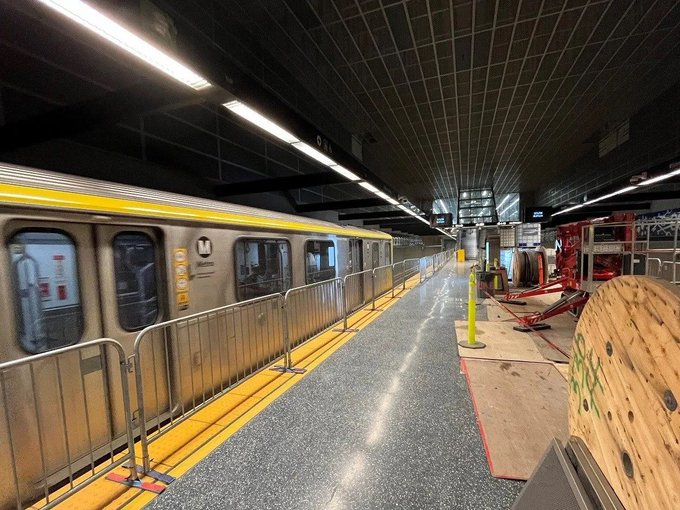
Four patients at Cedars-Sinai Medical Center were infected with a potentially deadly bacteria linked to a medical scope similar to those that were blamed for an outbreak at Ronald Reagan UCLA Medical Center that killed two people, hospital officials said today.
Cedars-Sinai officials said they are contacting 71 other patients who underwent endoscopic procedures with the medical scope between August and February. Those patients are being offered free home-testing kits to determine if they may have been infected with the “superbug” known as CRE, or carbapenem-resistant enterobacteriaceae.
One of the four patients who was infected with CRE at Cedars-Sinai has since died, but the death was due to an “underlying disease and not from CRE, as their CRE infection had cleared,” according to the hospital.
The duodenoscope that was used on the patients has been identified and is no longer being used, and enhanced sterilization techniques are being used on the hospital’s other scopes, officials said.
“No other duodenoscopes at Cedars-Sinai have been linked to CRE, and there is no evidence at this point that any additional patients had a CRE transmission linked to a duodenoscope at Cedars-Sinai,” according to the hospital.
Hospital officials said they have been using advanced sterilization methods since first hearing reports from other hospitals last month about the cleaning technique recommended by the manufacturer, Olympus, “may not be sufficient to protect patients.”
“Cedars-Sinai’s infection-control specialists are continuing to review and monitor to ensure the highest level of options to ensure the highest level of safety for its patients,” according to the hospital.
“They are also continuing to explore other techniques and options to ensure the protection of patients, and they are in ongoing communication with local, state and federal government agencies, including the Los Angeles County Acute Communicable Diseases Division, California Department of Public Health and the U.S. Centers for Disease Control.”
Hospital officials said it had halted non-urgent duodenoscope procedures on Feb. 19 when concerns about the scopes began surfacing. But those procedures are resuming.
“The decision to resume was based on consultation with other academic medical centers around the nation, as well as with government agencies, about the additional monitoring techniques, including a waiting period for duodenoscopes after disinfection, to allow for an additional bacterial analysis of the duodenoscope before use,” according to the hospital.
UCLA officials announced last month that seven of its patients had been infected with the superbug, and two had died. The hospital also notified 179 other patients that they may have been exposed.

